Women Writing About Sex and Desire
A panel presented by the WNBA and NYU’s Creative Writing Program
Reported by Hannah Bennett and Sheila Lewis
“I think all writing is about desire, or about unrequited desire,” said Jill Bialosky, succinctly illustrating the importance of Friday’s panel on Women Writing About Sex and Desire. In the warm and intimate Lillian Vernon Creative Writers House, a full crowd gathered to hear three inspired writers talk about sexuality, literature, and the craft of combining the two.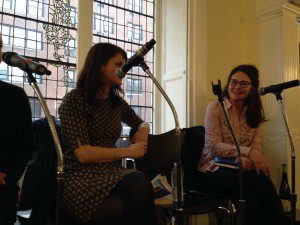
Co-hosted by the WNBA-NYC and the NYU Creative Writing Program, the panel tackled subjects such as feminism, fantasies, and the word “quivering.” Authors Jill Bialosky, Melissa Febos, and Jennifer Gilmore read from and spoke about their work. Harriet Shenkman, moderator, did a masterful job of guiding the discussion.
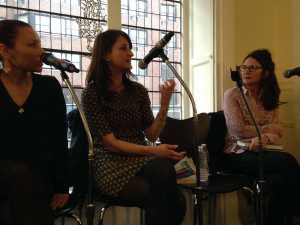 Shenkman began the evening by asking award-winning novelist Jennifer Gilmore to read a scene from Something Red, called one of the “10 Steamiest Sex Scenes from Literature” by Cosmopolitan. As Gilmore read, she reminded us of the importance of the 1979 setting. “Sex is like humor, it’s very specific to the time and place,” she said. This was further exemplified in her later reading from We Were Never Here, a YA novel in which she deftly portrays the awkwardness and power of young desire. “It rose organically from the whole story… I almost see sex as a microcosm of how characters act with their clothes on.”
Shenkman began the evening by asking award-winning novelist Jennifer Gilmore to read a scene from Something Red, called one of the “10 Steamiest Sex Scenes from Literature” by Cosmopolitan. As Gilmore read, she reminded us of the importance of the 1979 setting. “Sex is like humor, it’s very specific to the time and place,” she said. This was further exemplified in her later reading from We Were Never Here, a YA novel in which she deftly portrays the awkwardness and power of young desire. “It rose organically from the whole story… I almost see sex as a microcosm of how characters act with their clothes on.”
Next, Melissa Febos, essayist, author, 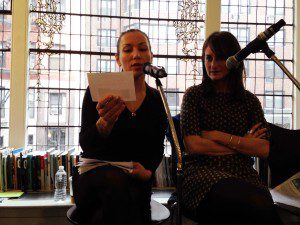 and Assistant Professor of Creative Writing (Monmouth University), read from Whip Smart: The True Story of a Secret Life, her description of working for four years as a professional dominatrix. “It’s not a sexy book,” said Febos. In contrast to her other writing, her personal story was dissociated, cerebral, and analytical. This, she said, “is how I experienced it at the time.” On the contrary, Febos’s reading of her fiction was rhythmic, passionate, and completely different in tone. “They’re both me, but one of them happens corporeally, the setting of it is in the body, and the other is in the mind,” she explained. Of Whip Smart, she said, “I wrote that book to find out why I had done those things.” But her fiction allowed her to explore fantasy without a script.
and Assistant Professor of Creative Writing (Monmouth University), read from Whip Smart: The True Story of a Secret Life, her description of working for four years as a professional dominatrix. “It’s not a sexy book,” said Febos. In contrast to her other writing, her personal story was dissociated, cerebral, and analytical. This, she said, “is how I experienced it at the time.” On the contrary, Febos’s reading of her fiction was rhythmic, passionate, and completely different in tone. “They’re both me, but one of them happens corporeally, the setting of it is in the body, and the other is in the mind,” she explained. Of Whip Smart, she said, “I wrote that book to find out why I had done those things.” But her fiction allowed her to explore fantasy without a script.
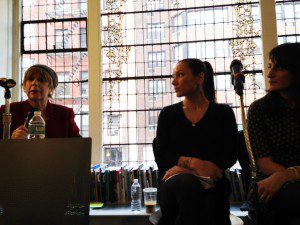 Jill Bialosky, poet, editor at W.W. Norton & Co., and novelist, sought to delve into the sexual desire of a married man in her book The Prize. Her protagonist is unhinged by a woman he has made famous, and by his marriage. “Why is she always moving away?” he asks of his wife, their combined sexual frustration evident in the simple act of wrapping leftovers. Bialosky, poetically exploring the themes of intimacy vs. detachment, found it an interesting exercise to write from a male viewpoint. “Sexuality came down to wanting to be adored,” she mused.
Jill Bialosky, poet, editor at W.W. Norton & Co., and novelist, sought to delve into the sexual desire of a married man in her book The Prize. Her protagonist is unhinged by a woman he has made famous, and by his marriage. “Why is she always moving away?” he asks of his wife, their combined sexual frustration evident in the simple act of wrapping leftovers. Bialosky, poetically exploring the themes of intimacy vs. detachment, found it an interesting exercise to write from a male viewpoint. “Sexuality came down to wanting to be adored,” she mused.
“Were there different reactions from men and women readers?” 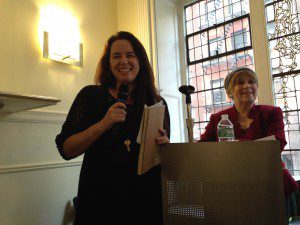 asked one audience member when the panel moved to Q&A. “Men found the writing more erotic than I did,” Bialosky reported. Febos felt that “women’s responses were more emotional, intellectual,” and that the public making of secrecy was important to them. On the other hand, she said, “Men made a lot of puns.” Gilmore spoke to the reactions of reviewers: “This is a very adult book,” reviewers said of her work, but not of her male contemporaries.
asked one audience member when the panel moved to Q&A. “Men found the writing more erotic than I did,” Bialosky reported. Febos felt that “women’s responses were more emotional, intellectual,” and that the public making of secrecy was important to them. On the other hand, she said, “Men made a lot of puns.” Gilmore spoke to the reactions of reviewers: “This is a very adult book,” reviewers said of her work, but not of her male contemporaries.
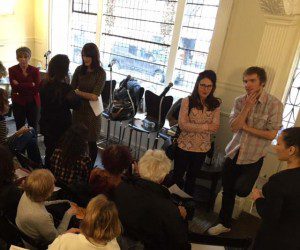 Asked for advice on how to write about sexuality, all of the panelists urged authors to face what was difficult to write. “Women who want are very dangerous on the page,” said Gilmore, going on to say that authors should commit to what they’re most struggling with. Bialosky agreed, suggesting that risk-taking made her own book come alive in new ways. As for the language of sexuality, Febos reminded us that it’s a “misdirection of purpose to think about diction,” and that writers must go past the superficial. Though, she also smiled, “I don’t think there are any dirty words for writers.”
Asked for advice on how to write about sexuality, all of the panelists urged authors to face what was difficult to write. “Women who want are very dangerous on the page,” said Gilmore, going on to say that authors should commit to what they’re most struggling with. Bialosky agreed, suggesting that risk-taking made her own book come alive in new ways. As for the language of sexuality, Febos reminded us that it’s a “misdirection of purpose to think about diction,” and that writers must go past the superficial. Though, she also smiled, “I don’t think there are any dirty words for writers.”
Many thanks to the thoughtful panel, Harriet’s keen moderating, and the NYU Creative Writing Program for an enjoyable, illuminating event.
- Women Writing About Sex and Desire Panel

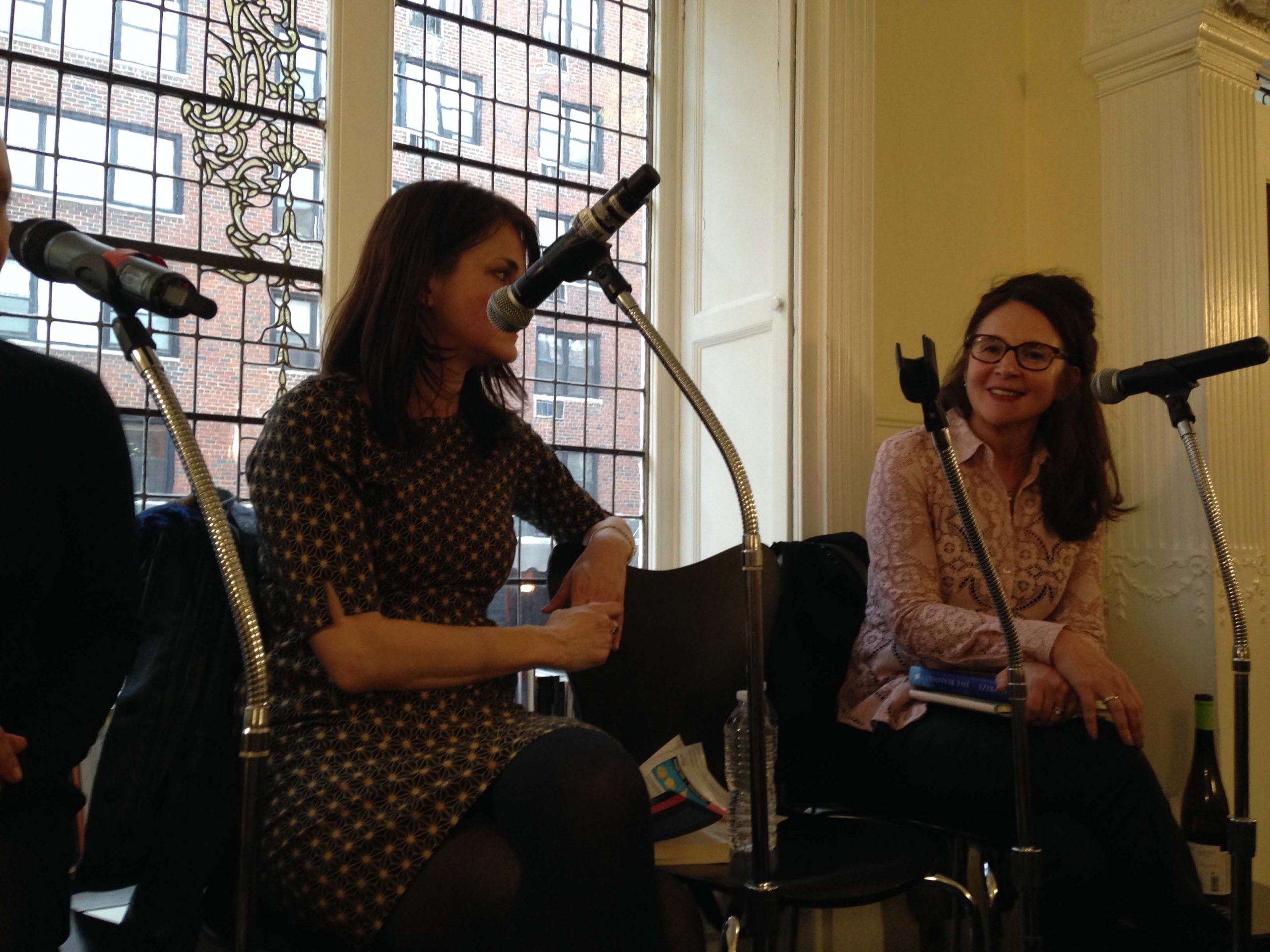
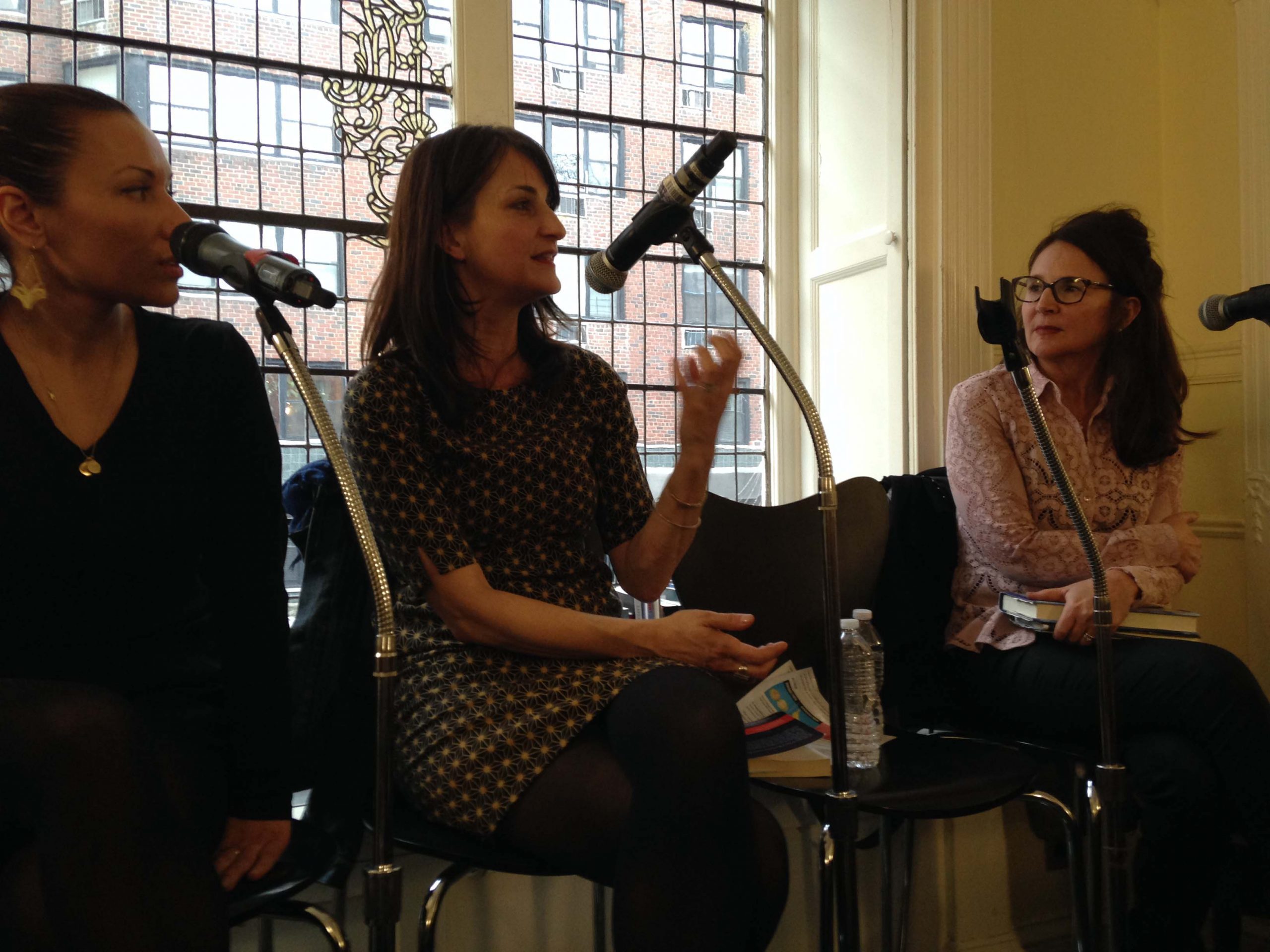
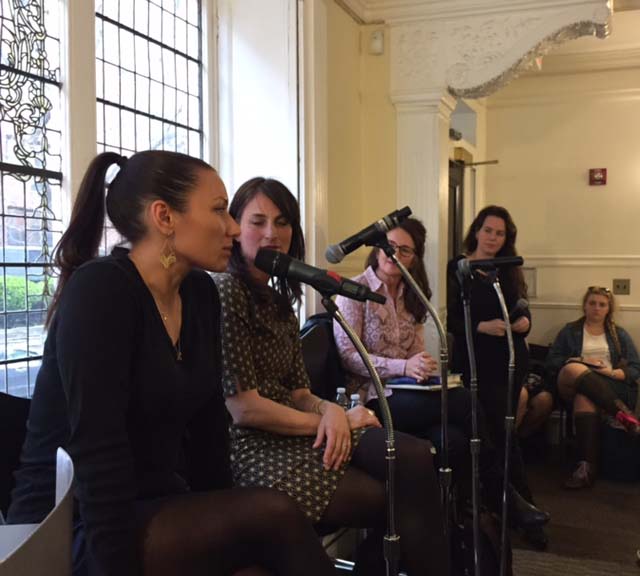
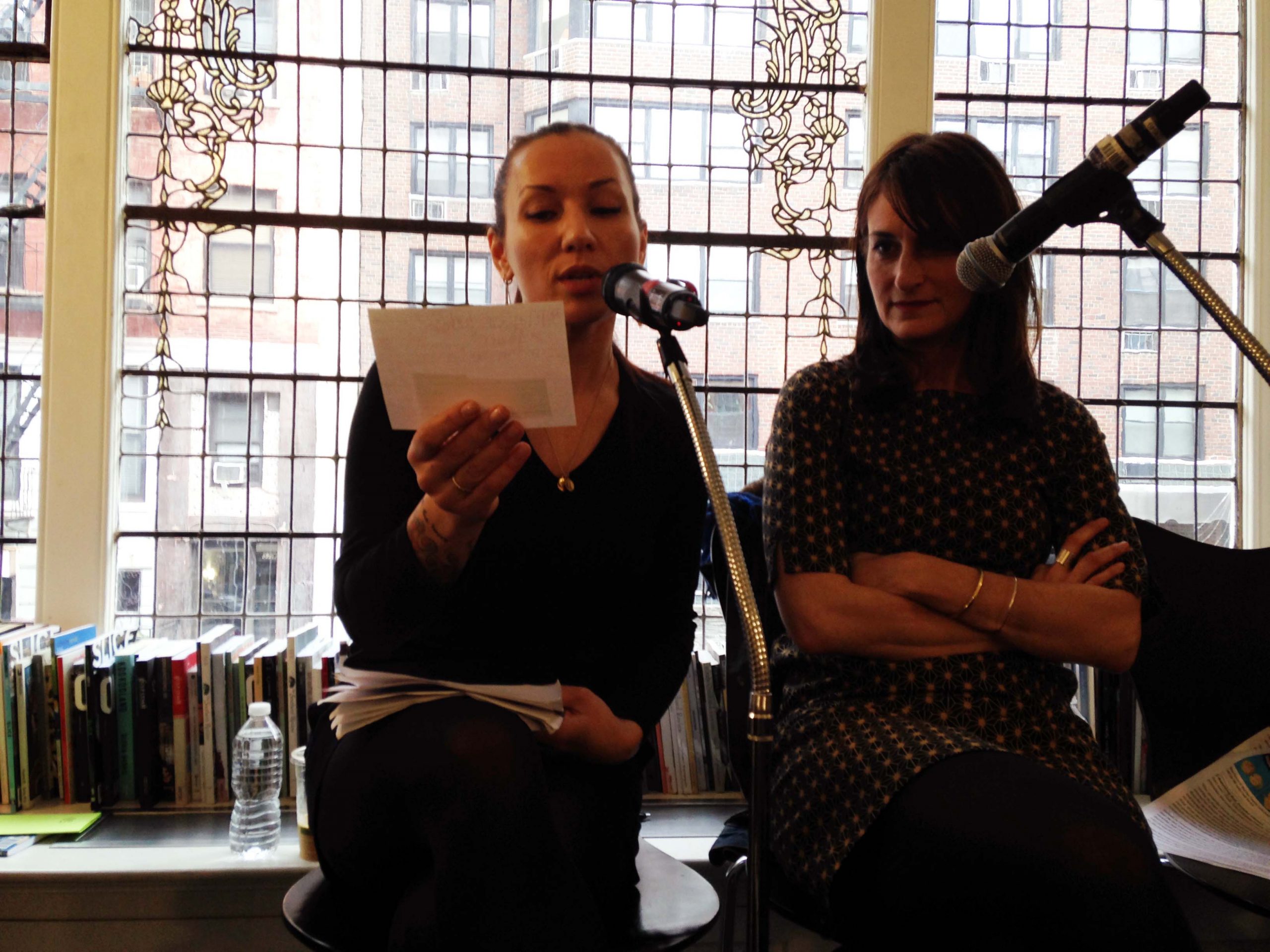
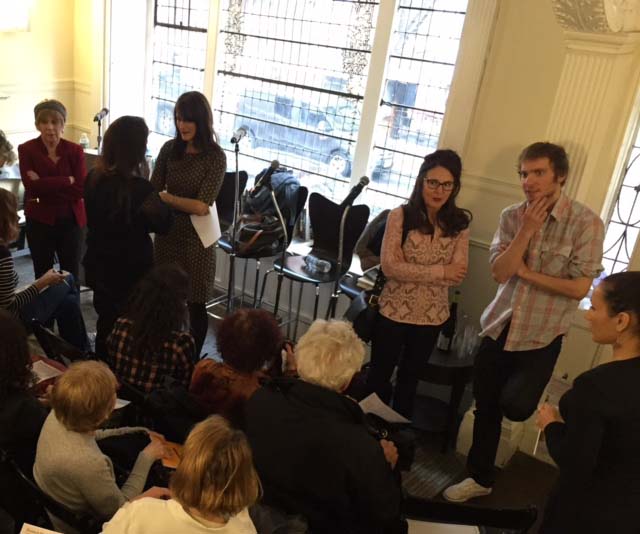
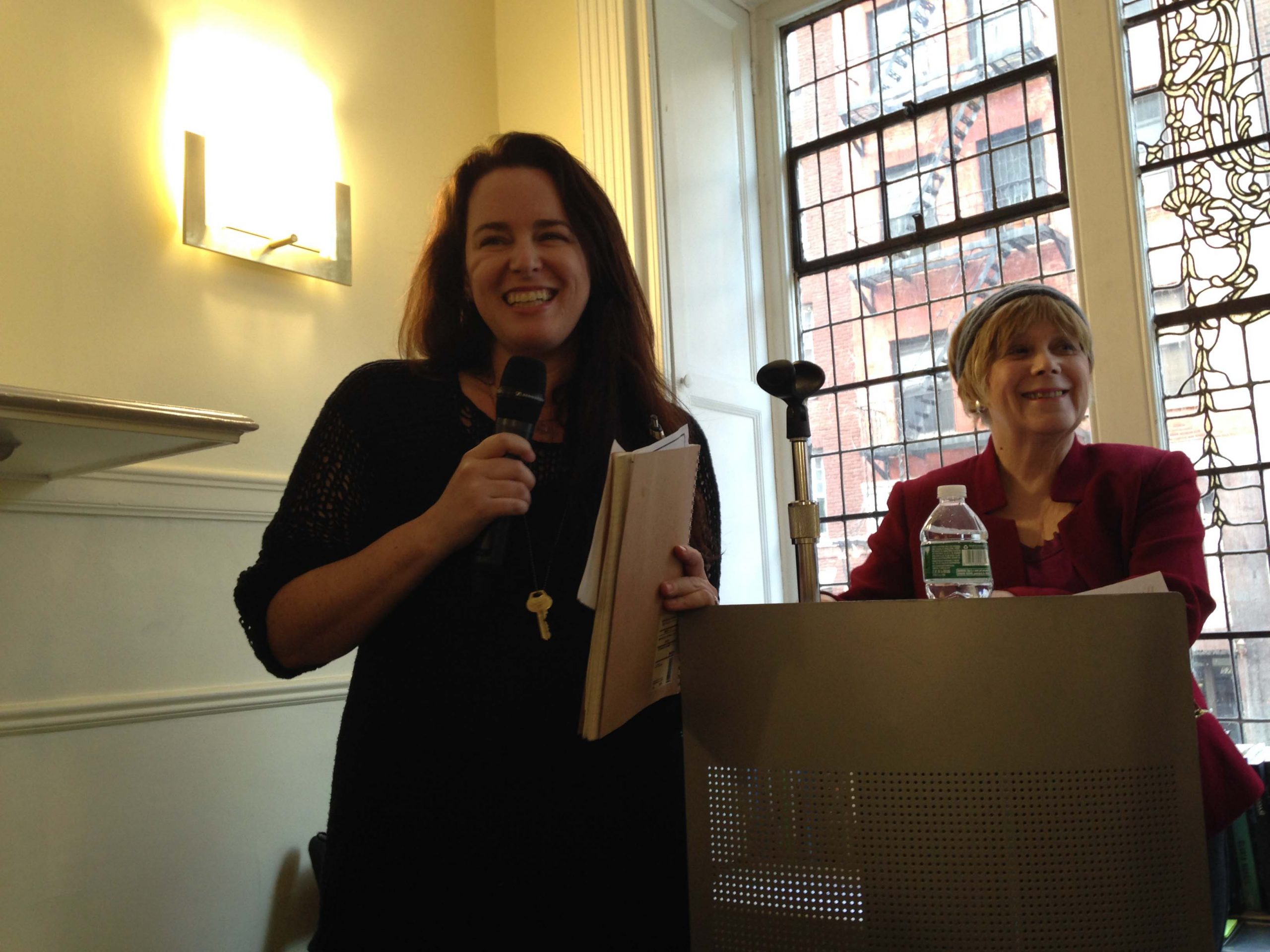
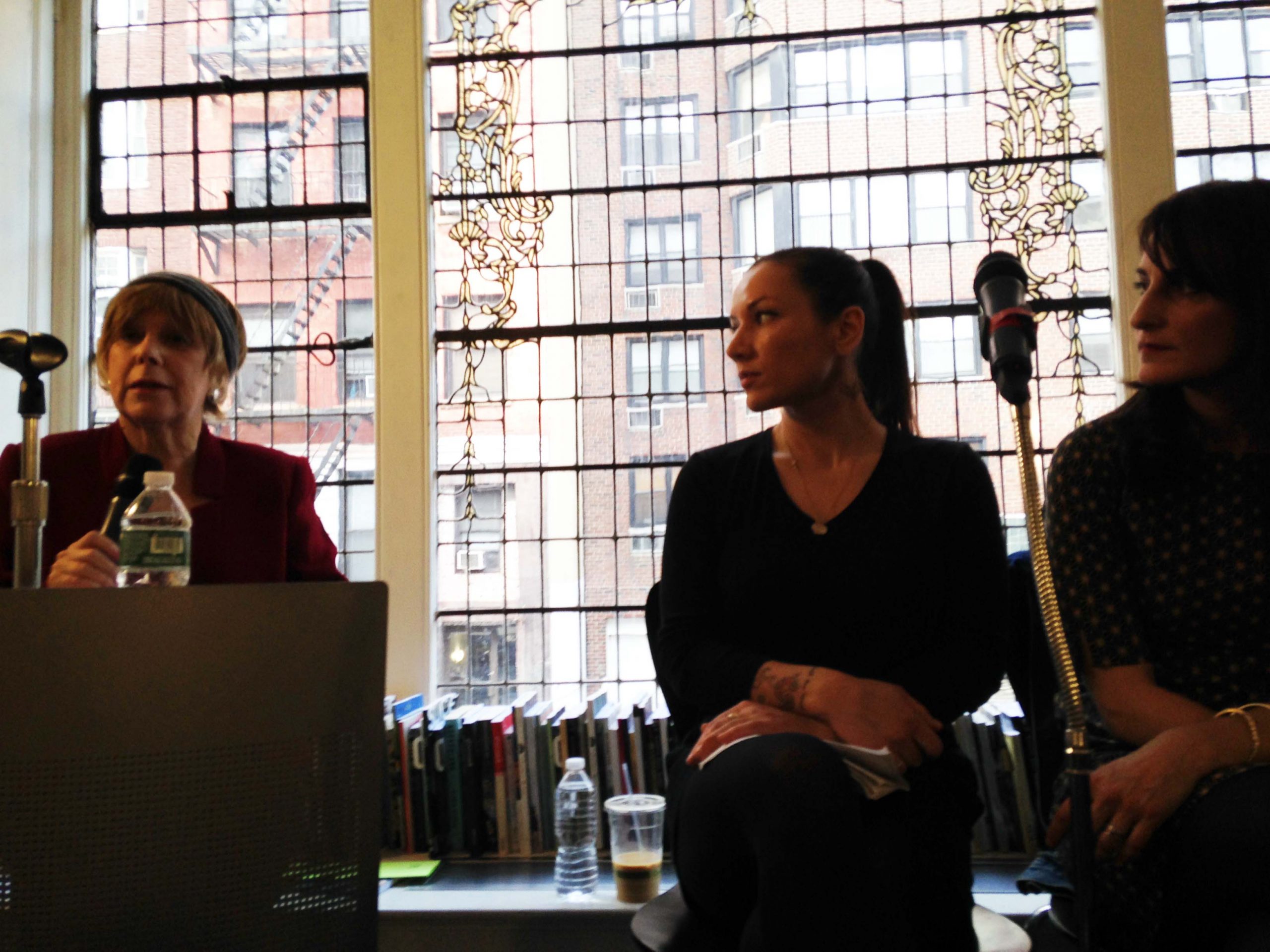



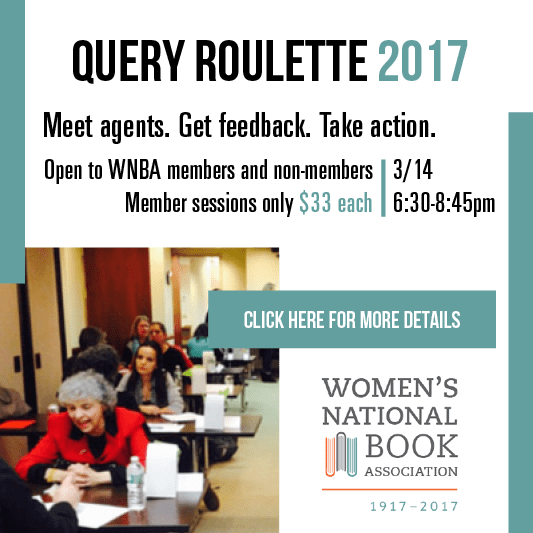
I enjoyed moderating this panel and the enthusiastic audience.
Truly inspirational……….